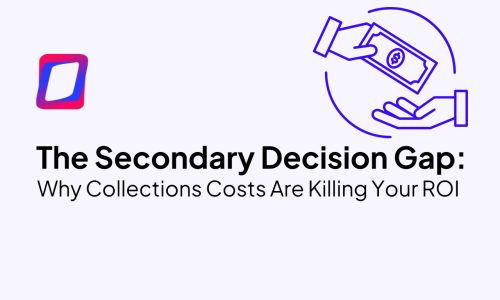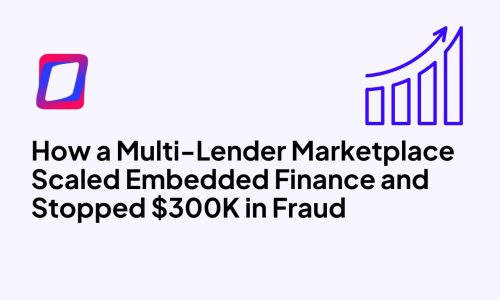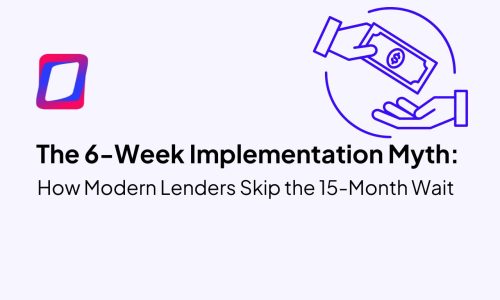Navigating the Evolving Landscape of Investment Banking: Insights from Tom McDermott
Charting the Course of Investment Banking: Expert Guidance from Tom McDermott
Investment banking can seem like a complex and mysterious industry, but in this episode of The Lending Link, our host Rich Alterman sits down with Tom McDermott, the Managing Director at Cambridge Wilkinson, to shed light on the inner workings of investment banking. With over 25 years of experience in the industry, Tom offers valuable insights on a range of topics, including the definition of investment banking, ESG investing, and crowdfunding.
In the first segment, Tom defines an investment banking firm and shares tips on raising capital for companies with revenues between $10 million and $500 million. He also provides insights into identifying prospects for investment.
Tom and Rich then delve into the key differences between a family office and a private equity firm, as well as private equity and venture capital. They also discuss senior secured debt facilities and mezzanine financing.
Next, Tom shares his knowledge on mezzanine financing, specialty finance, litigation, and music rights. He also discusses the outlook for private equity in 2020, the impact of rising interest rates and recession on operators, and investors’ nerves about the US economy.
Tom emphasizes the importance of speed when raising equity and mezzanine financing for companies and discusses the election’s impact on the industry. He also stresses the importance of balancing debt and equity in a deal.
In the penultimate segment, Tom and Rich discuss the time horizon of a Cambridge company, growth equity vs. private equity, and the four factors to look for in a non-prime lender. They also explain the concept of Environmental, Social, and Governance (ESG) investing and its significance in the investment banking world. Tom shares his thoughts on the democratization of investing in the last decade, the value of crowdfunding and Kickstarter and offers advice to those considering investment banking as a career.
This podcast episode is a must-listen for anyone interested in investment banking or seeking valuable insights into this industry. Listen to the podcast on Apple Podcasts, Google Podcasts, Spotify, and YouTube, or use the embedded player in our blog. Don’t miss out on this informative discussion!
Looking for additional insight on this topic? Check out our blog, “Beginner’s Guide to Investment Banking: Understanding Services, Strategies, and Financial Activities“
About Tom McDermott
Tom McDermott is a global operating executive and advisor in the financial services (lending, payments), consumer products & services, aerospace and the Environment, Sustainability & Governance (ESG) industries. He is the Founder and Managing Director of Money Access Financial, an advisory business to CEOs focused on innovative strategy, execution, and capital raising. A transformative innovator, he has successfully led companies with up to $1 billion in revenue and $1 billion in loan originations at Fortune 500 firms, including First Data Corp, Western Union & Capital One, and has grown emerging PE, and VC-backed businesses, including Borro.
He has a global classical marketing foundation, having worked with Unilever, Nabisco, and Reckitt Benckiser, where he had marketing, sales, and general management roles and included eight years of overseas assignments in Europe and Latin America. He is a long-standing board director and Vice-Chair of Ascendus (fka Accion East), a micro lender to SMBs.
Tom received his BS in Business Administration, Magna Cum Laude, from Boston College and is fluent in Spanish. He is married with two children, lives in New Jersey, has his Series 79 & 63 licenses, and resides in Northern New Jersey.
Tom can be reached via email at: tmcdermott@cambridgewilkinson.com
Be sure to follow Tom and our host Rich on LinkedIn, and for the latest GDS Link updates and news, follow us on Twitter and LinkedIn. You can subscribe to the Lending Link on Apple Podcasts, Spotify, Google Play, YouTube, or wherever you prefer to listen to your podcasts!
Recent articles

The Secondary Decision Gap: Why Collections Costs Are Killing Your ROI
Read article
How a Multi-Lender Marketplace Scaled Embedded Finance and Stopped $300K in Fraud
Read article





